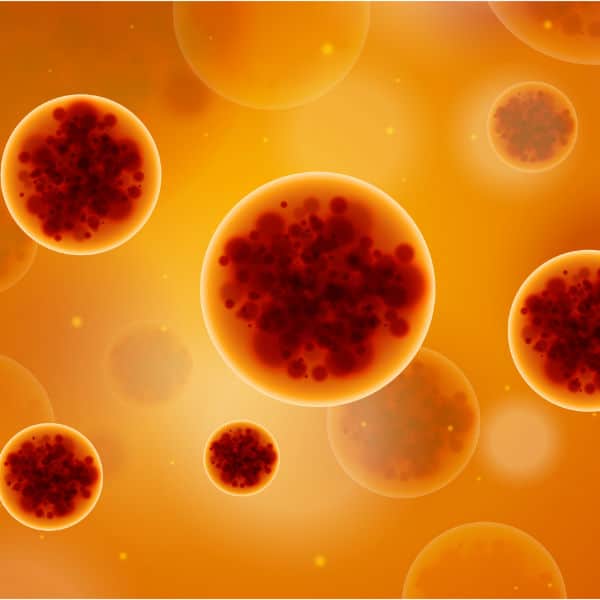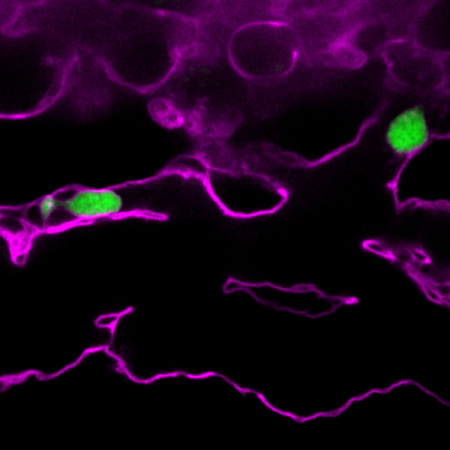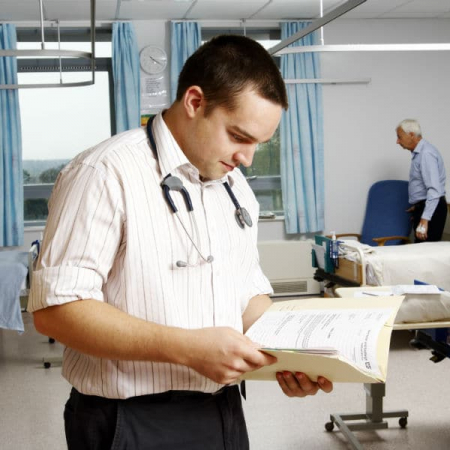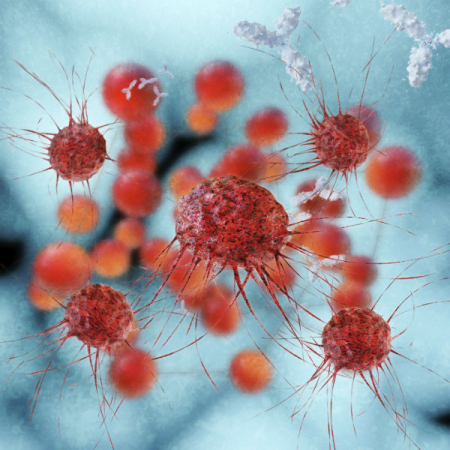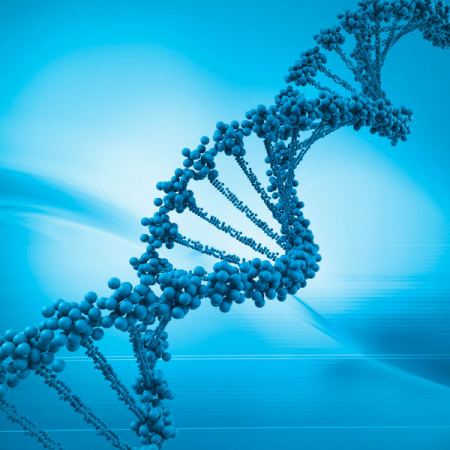Description
During this course, you will explore the genomic structure of infectious agents, the implication of acquisition or loss of nucleotides, genes and plasmids on pathogenicity, and the sensitivity of a pathogen to drug treatment.
Learn from leading experts in genomics about:
- Infection as a cause of national and global morbidity and mortality.
- Transmission of human infections: person to person, food and water-borne, sexually transmitted, vector-borne.
- Prokaryotes, their genome, replication and population genetics.
- Genomic characterisation of viruses: DNA and RNA genomes, single-stranded, double stranded, segmented.
- Genomic comparisons of microbial strains in the context of outbreaks and transmissions in hospitals and the community.
- Laboratory diagnosis, including genomic techniques and technologies, and appropriate sample type, analysis and interpretation of genomic data, and the role of bioinformatics.
- Anti-infective drug action.
- Mutation rate and drug resistance.
- Genomic evidence of individual susceptibility to specific infection.
- Role of genomics in: infectious disease diagnosis, prognosis, drug selection, resistance, monitoring, epidemic control and drug research.
Learning outcomes
By the end of this module you will be able to:
- Explain the principles of epidemiology of infectious diseases.
- Critically evaluate how the genome sequence of pathogens can be used to investigate and manage suspected outbreaks of infection in hospital and community settings.
- Explain the underlying principles of laboratory diagnosis, antimicrobial susceptibility testing and epidemiological typing of pathogens.
- Critically evaluate the emerging action of drugs in controlling infection, for example HIV, TB.
- Evaluate how sequencing of the genome of infective organisms can be used for diagnosis, sub-classification and strain identity.
- Evaluate how sequencing of the genome of infective organisms can be used for assessing pathogenicity, antimicrobial resistance, drug selection and epidemic control.
- Critically evaluate the molecular basis of organism drug resistance and how this determines drug research.


